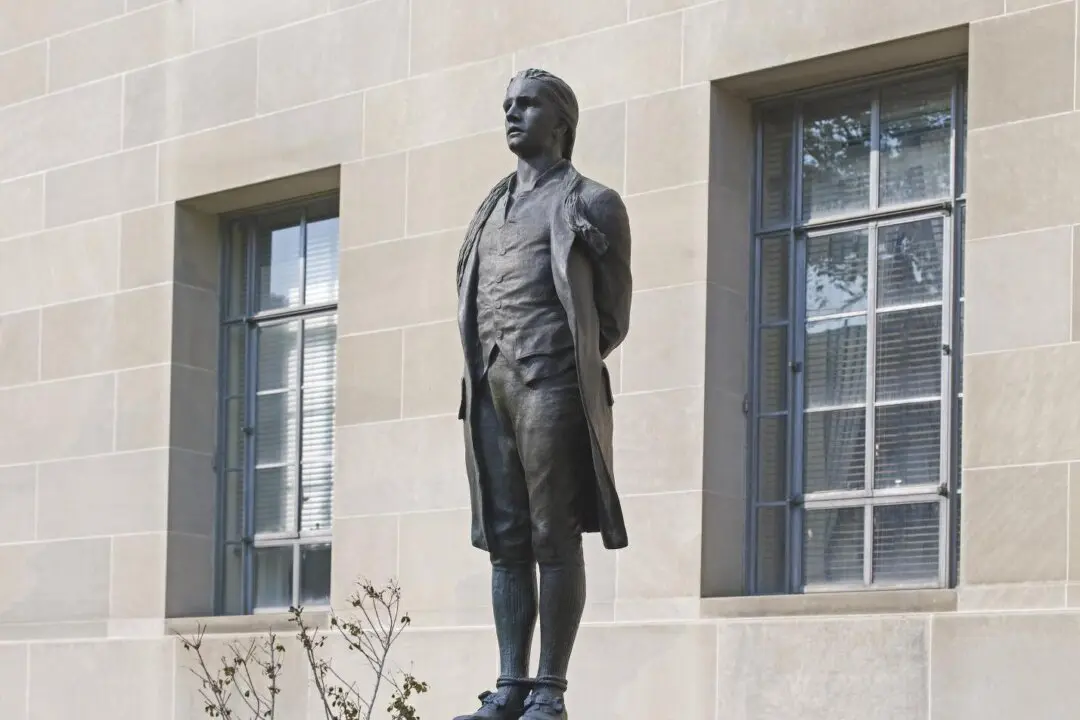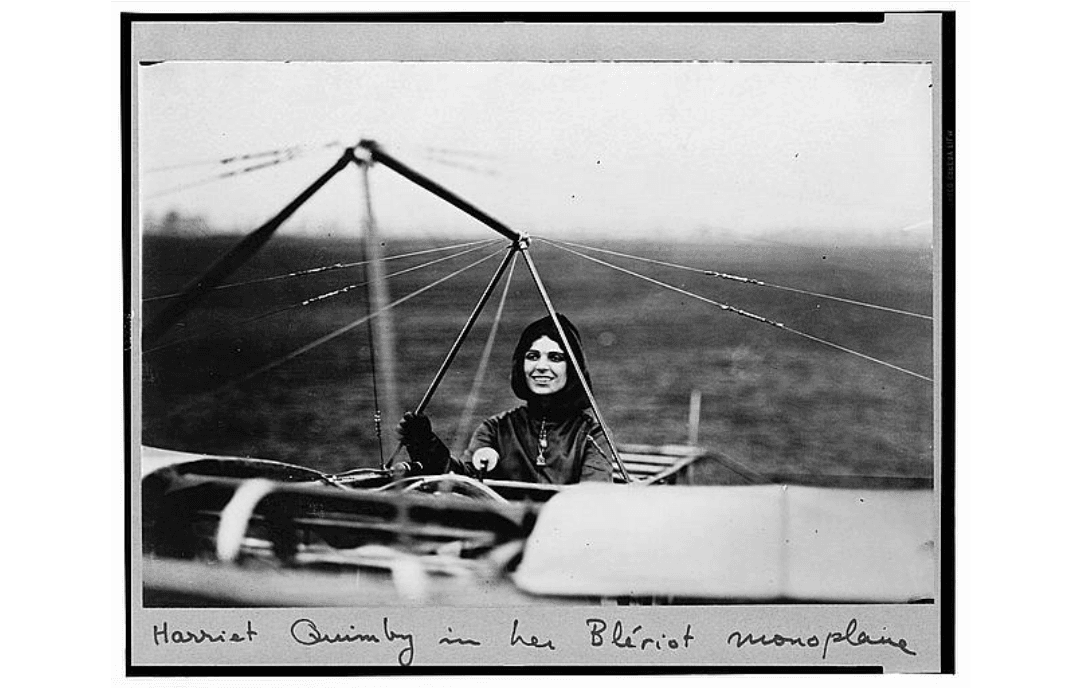One hundred and seventy years ago, on Sept. 1, 1850, a 29-year-old Swedish woman arrived in America for her first visit. By the following spring, she earned (in today’s money) more than $10 million. It was easily one of the quickest and biggest fortunes ever made in this country by a foreigner.
Now you may be asking yourself, especially if you are a “progressive,” who did she swindle? How many victims did she exploit along the way? At a time when we did not yet have a federal income tax, did we find another way to punish her for her success? Or did she escape to Sweden before we could vilify her and swipe her money?






